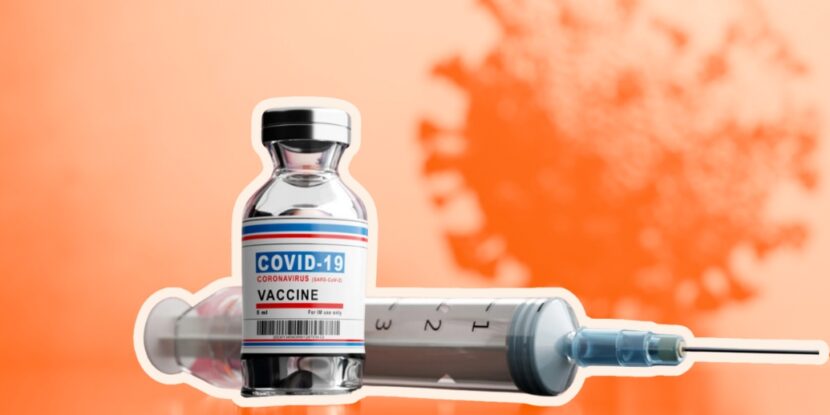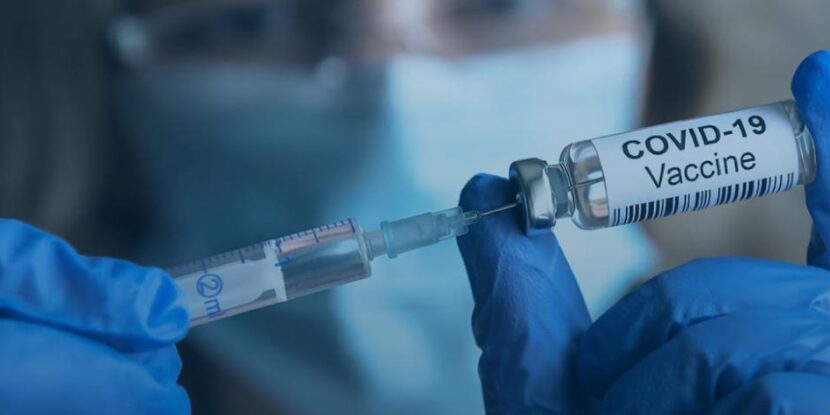A recent preprint study conducted by InCellDx indicates that spike proteins could remain in immune cells for over 245 days following COVID-19 vaccination. The investigation assessed 50 individuals who displayed long COVID-like symptoms post-vaccination — despite never having contracted the virus.
Immune cells were extracted from 14 patients, with 13 showing traces of spike protein. In contrast, asymptomatic vaccinated individuals showed no spike protein presence.
According to InCellDx founder Dr. Bruce Patterson, these findings suggest that the lingering spike proteins likely cause long COVID and post-vaccine syndrome symptoms. After the immune cells, known as monocytes, engulf the spike proteins, the cells tend to survive longer than usual, generating inflammation, which contributes to enduring symptoms.
“These cells bind to the blood vessels. They cause endotheliitis (inflammation of endothelium) and vascular inflammation, which I think now has been corroborated by many as being probably one of the most important pathogenic mechanisms in long COVID,” Dr. Patterson said.
Although the COVID vaccines were not actively producing spike proteins at the time of the study, existing proteins were stored and remained for months. Dr. Patterson explains that this occurrence is akin to phenomena with HIV and hepatitis C viruses.
As such, the persistence of spike proteins distinguishes long COVID from ‘post-vaccine syndrome.’ While both conditions may have the same cause, they display differing chemical profiles.
The study suggests that some diagnosed with long COVID may instead be experiencing symptoms following vaccination, implying a potential misdiagnosis due to a symptoms-based approach.
In addition to giving otherwise healthy people COVID-19 symptoms, COVID-19 vaccines have been linked to several blood, heart, and neurological conditions, some of which are deadly.



















